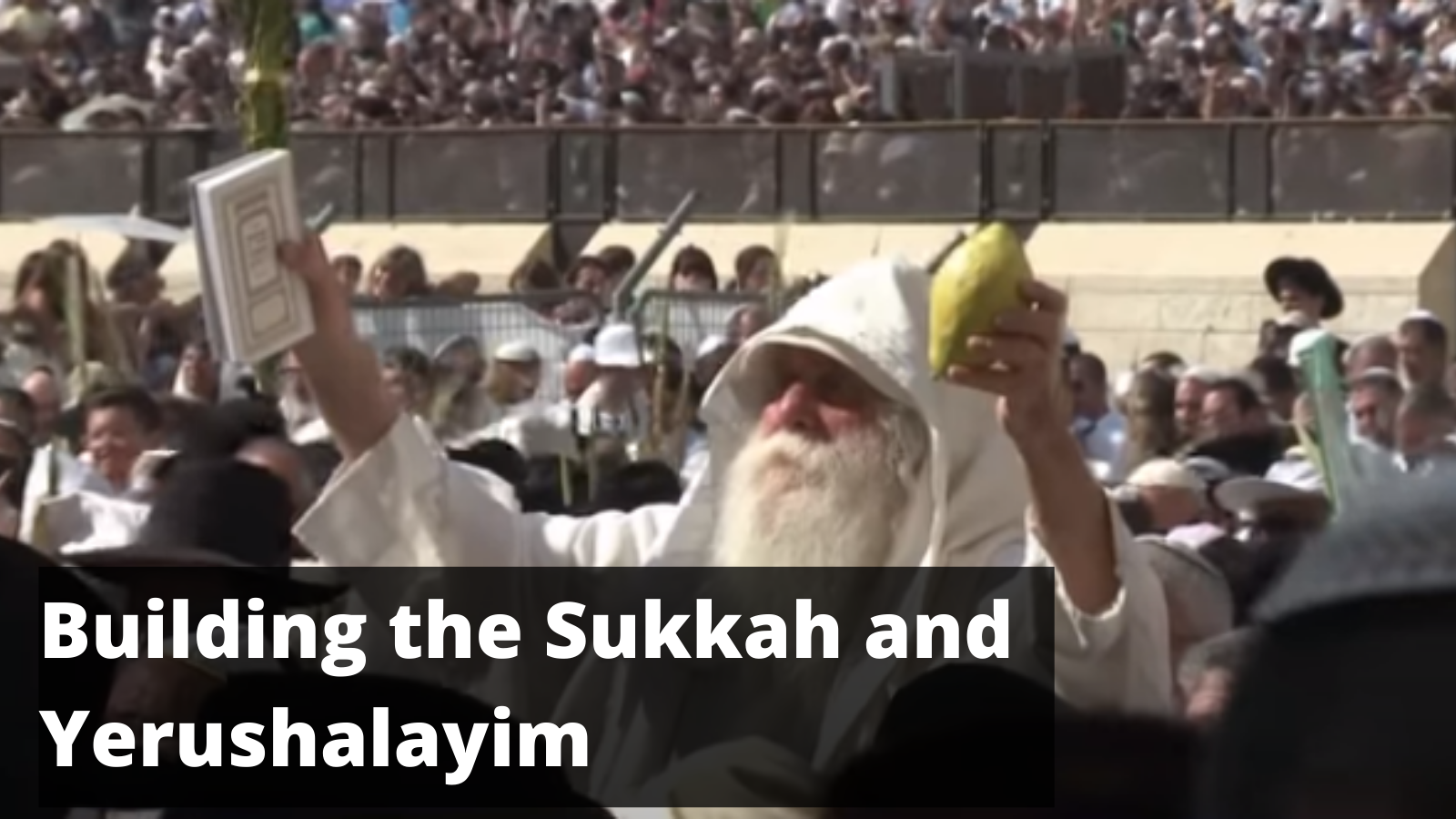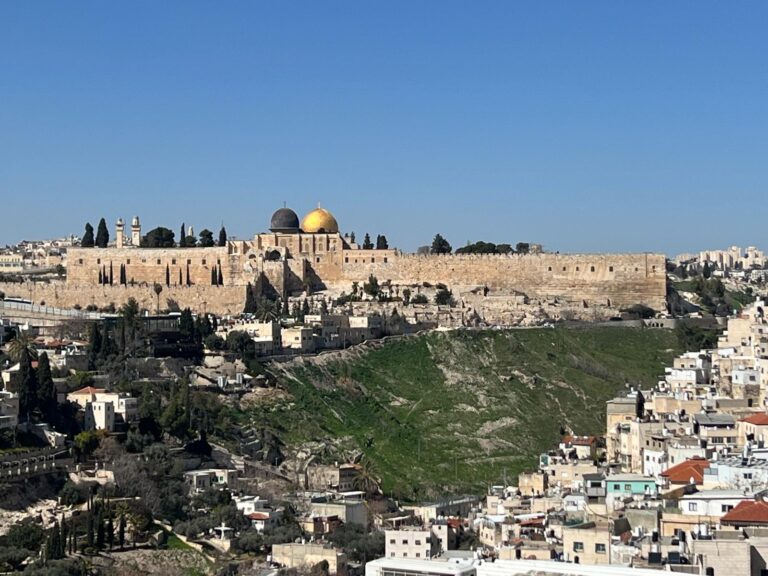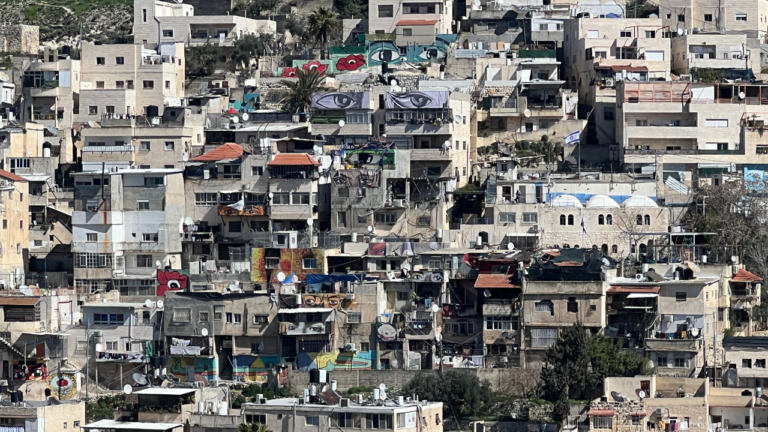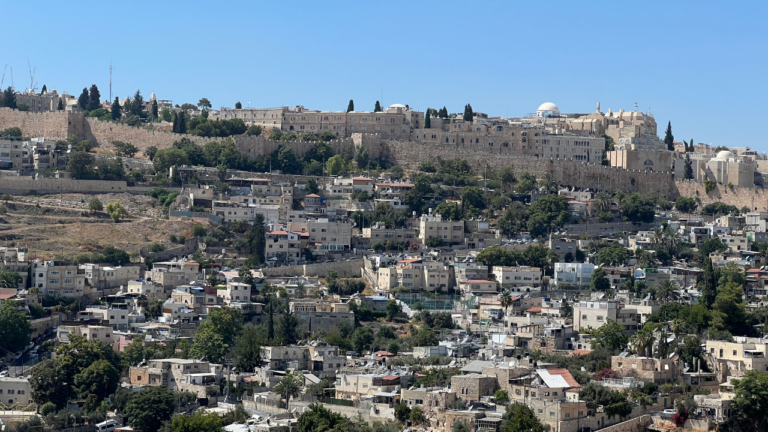Building the Sukkah and Yerushalayim
On Sukkot there is a mitzvah to dwell in the Sukkah – “in sukkot you shall dwell for seven days.” At first glance, it would seem that since the mitzvah begins on the Chag itself that is the time that the sukkah becomes significant. However, a survey of some halachik sources indicates that the building of the sukkah before the onset of the holiday is not mere preparation for the mitzvah but is rather an act of significant and perhaps even a mitzvah itself.
For example, the She’iltot begins his description of the mitzvah of sukkah with the declaration: “The Jewish people are obligated to make a booth and to dwell in it for seven days“. The opening formulation which describes an obligation to make the sukkah, leads the Netziv to argue that it is preferable for a person to build his own sukkah rather than have one built for him. Also, the Talmud Yerushalmi records that there is a special blessing to be recited upon building the sukkah.
Thus, there are two stages to the mitzvah of sukkah: building the sukkah and dwelling within it. This seems to indicate that the sukkah has a dual significance. On the one hand, the primary mitzvah is to dwell in the sukkah, which is explained in Hassidic literature as dwelling in God’s presence. But in addition, there is also significance to building the sukkah itself – simply creating and designating a space on this world for God. The ultimate goal is for human beings to dwell together with God, but there is significance in the very act of creating the sukkah upon which God’s name will rest.
Perhaps this duality can explain an anomaly in our liturgy. In several places in Tanach and in our liturgy, God is referred to as “the builder of Yerushalyim.” The verse in Tehillim states: “The Lord is the builder of Jerusalem.” A blessing in Shemona Esreih concludes “blessed are you God, the builder of Yerushalayim.” At first glance, this formulation is a little odd. Why focus on the
building of Yerushalayim? Why do we not refer to God in relation to the ultimate objective such as “God, the dweller in Yerushalayim?”
One approach emerges from our analysis of the sukkah. Yes, the ultimate goal is to live life together with God. We want to be God’s neighbor in the Sukkah and Yerushalayim. But we cannot forget that the very act of building, creating, designating such a space for God is significant. It is the first act that allows God into our world in the first place.
While one who builds a sukkah designates a space for God in his personal and familial life, one who builds Yerushalyim is taking the first step to bring God back into the center of our national life. May we all take that first step and welcome God into our lives.



